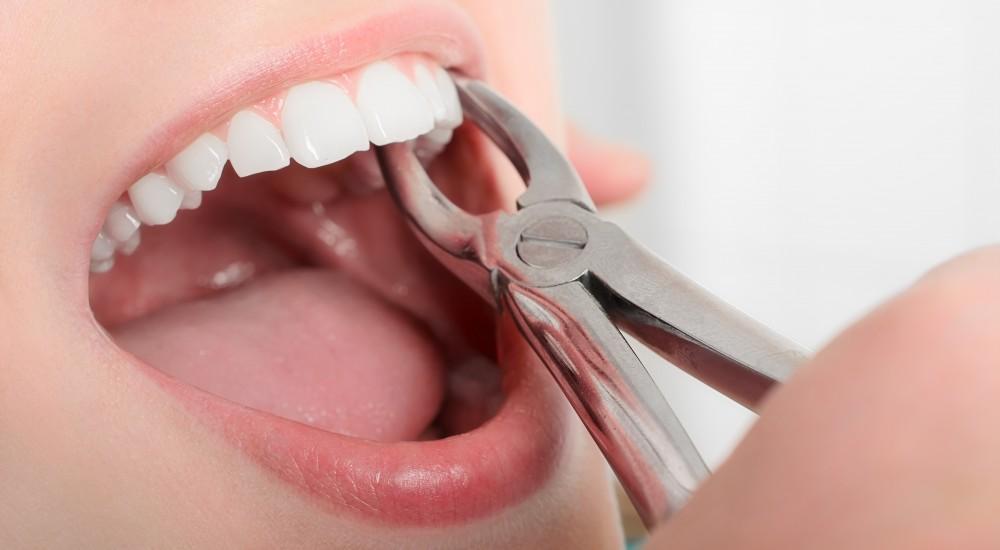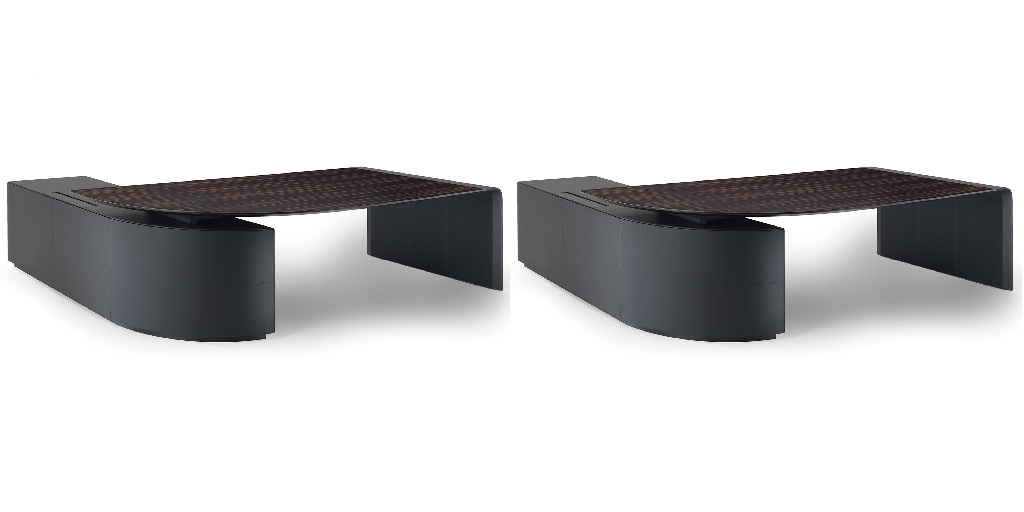Tooth extraction is often necessary due to decay, trauma, or infection—but it doesn’t have to mean a permanent gap in your smile. Many patients look toward dental implants as a reliable, long-term solution following extraction. Whether you’ve already undergone tooth removal in Dubai or are planning ahead, understanding how to transition from extraction to implantation is key to restoring both function and aesthetics. This guide will walk you through every step of planning dental implants after a tooth has been removed.
Why Replacing a Missing Tooth Matters:
Leaving a gap in your mouth after an extraction can lead to various oral health problems and even affect your overall well-being. Replacing a missing tooth with an implant isn’t just cosmetic—it’s a necessity in many cases. The risks of delaying or avoiding replacement include:
-
Shifting of adjacent teeth into the empty space
-
Jawbone deterioration due to lack of stimulation
-
Bite misalignment leading to TMJ discomfort
-
Difficulty chewing certain foods effectively
-
Increased chances of gum disease or infection
The sooner you plan your implant after removal, the better the outcome for your long-term dental health.
Understanding the Healing Timeline:
Healing from a tooth extraction is essential before you can move forward with dental implants. Depending on your individual case, this process can take several weeks to a few months. Important phases of healing include:
-
Initial blood clot formation within 24 hours
-
Soft tissue healing over 1–2 weeks
-
Bone regeneration over 3–6 months
-
Possible socket preservation procedures to minimize bone loss
-
Follow-up appointments to assess healing progress
Your dentist will monitor the healing closely and determine when the site is ready for implantation.
When to Place a Dental Implant After Extraction:
Timing is a crucial factor when transitioning from extraction to implantation. The decision on when to place the implant depends on the health of the extraction site and the presence of infection or bone loss. Options for implant placement include:
-
Immediate placement – same-day implant if bone quality is ideal
-
Early placement – within 6–10 weeks post-extraction
-
Delayed placement – after 3–6 months of complete bone healing
-
Staged placement – if bone grafting or sinus lift is required first
Each approach has its pros and cons, which your dentist will evaluate based on X-rays or 3D scans.
Bone Grafting and Site Preservation:
In cases where significant bone loss has occurred or is expected, a bone graft may be needed before or during implant placement. This step strengthens the jaw and ensures long-term implant stability. Your dentist may recommend:
-
Socket preservation graft immediately after tooth removal
-
Ridge augmentation if the bone has already deteriorated
-
Sinus lift for upper jaw implants near the sinus cavity
-
Guided bone regeneration (GBR) using barrier membranes
-
Use of synthetic, animal-derived, or human bone materials
Proper grafting ensures a solid foundation for successful implant integration.
Choosing the Right Type of Implant:
Dental implants are not one-size-fits-all; they vary in size, shape, and placement technique. Your dentist will recommend an implant system tailored to your oral anatomy and goals. Common types include:
-
Endosteal implants, placed directly into the jawbone
-
Zygomatic implants for patients with severe bone loss
-
Mini implants for smaller gaps or less invasive procedures
-
All-on-4 implants for full arch restoration
-
Custom abutments and crowns to match surrounding teeth
A personalized implant plan ensures optimal fit, comfort, and function.
Benefits of Dental Implants After Tooth Removal:
Dental implants are considered the gold standard for tooth replacement due to their strength, longevity, and natural appearance. Choosing implants offers a wide range of advantages, including:
-
Restoration of chewing power and food variety
-
Prevention of facial sagging and bone atrophy
-
Permanent, non-removable solution compared to dentures
-
No impact on neighboring teeth (unlike bridges)
-
Enhanced self-confidence and speech clarity
When planned properly after extraction, implants can last a lifetime with good care.
Caring for Your Implant Post-Surgery:
Once your dental implant is placed, proper aftercare is vital to ensure successful osseointegration (fusion of the implant with the jawbone). Your dentist will provide detailed post-op instructions, typically involving:
-
Gentle brushing and use of soft-bristled toothbrushes
-
Avoiding hard or sticky foods during the healing period
-
Using antimicrobial mouth rinses as prescribed
-
Attending regular follow-up appointments to monitor progress
-
Flossing and cleaning around the implant with special tools
With diligent care, implants can remain healthy and functional for decades.
Cost Considerations and Insurance:
Dental implants can be a significant investment, but they offer unparalleled long-term value compared to other tooth replacement methods. When planning your budget, be aware of potential costs and variables such as:
-
Tooth extraction and anesthesia fees
-
Bone grafting or additional procedures
-
Implant hardware (post, abutment, and crown)
-
Consultation and diagnostic imaging costs
-
Dental insurance coverage or financing options
If you’re undergoing tooth removal in Dubai, many dental clinics offer bundled implant packages or interest-free payment plans.
Choosing the Right Dental Clinic in Dubai:
Successful implant placement starts with choosing a reputable clinic that prioritizes patient care and technology. If you’re navigating tooth removal in Dubai and planning implants, look for providers that offer:
-
Advanced imaging tools like CBCT scans for precision planning
-
In-house oral surgeons or implant specialists
-
Transparent treatment plans with full cost breakdowns
-
A strong portfolio of successful implant cases
-
Long-term follow-up and maintenance support
Selecting the right clinic ensures a seamless experience from extraction to implant.
Final Thoughts:
Tooth extraction is never the end—it’s the beginning of your restoration journey. Dental implants offer a reliable, natural-looking replacement that preserves both form and function, but planning is everything. From proper healing after extraction to selecting the right implant type, each step requires careful coordination and professional guidance. If you’ve undergone tooth removal in Dubai, consult with your dental specialist early to explore your implant options and map out a plan that supports your smile for life.







0 Comments